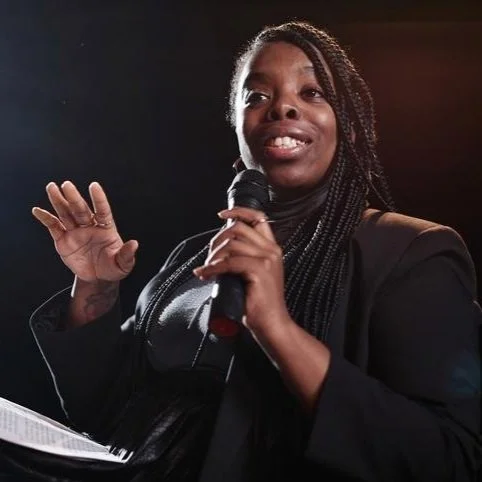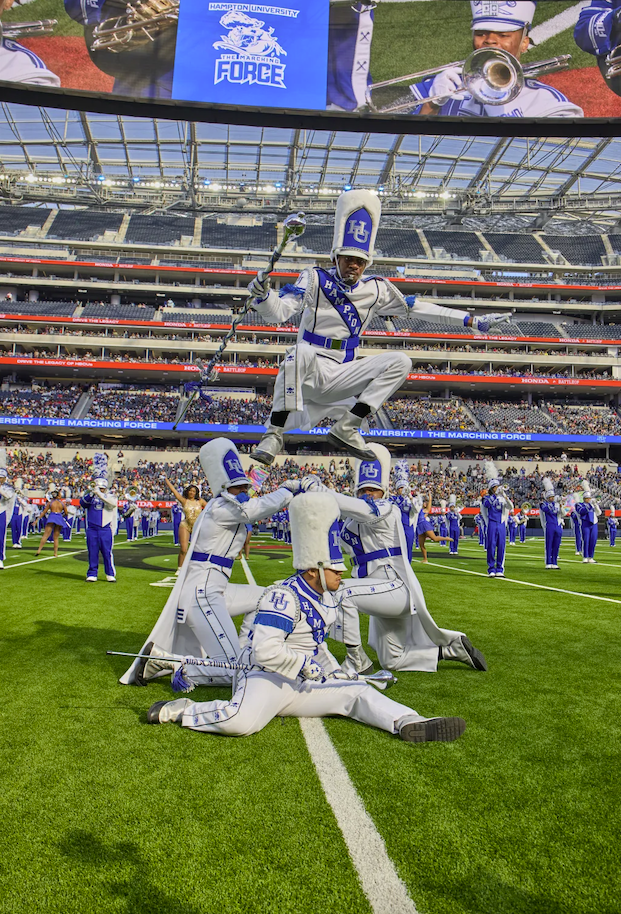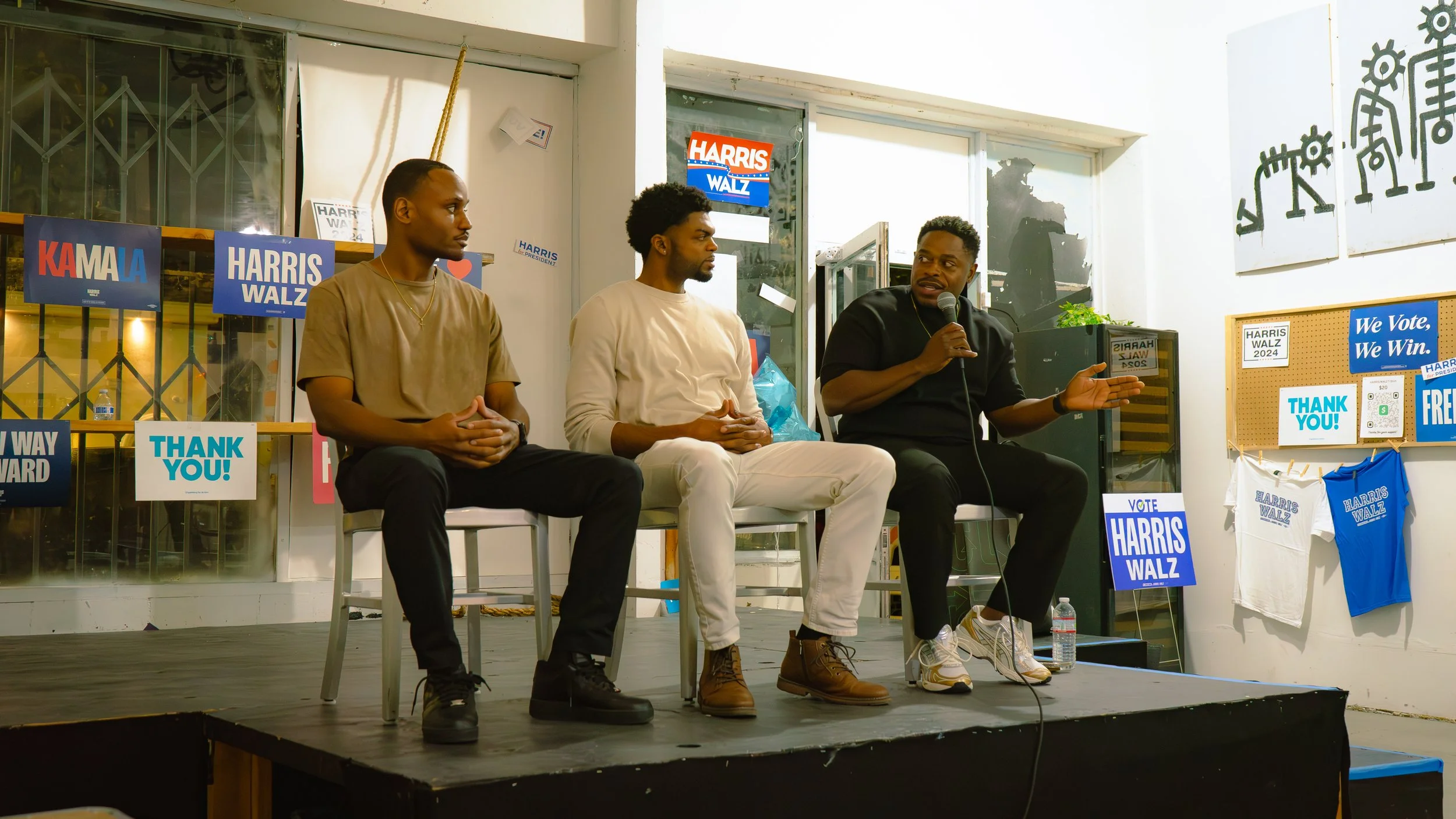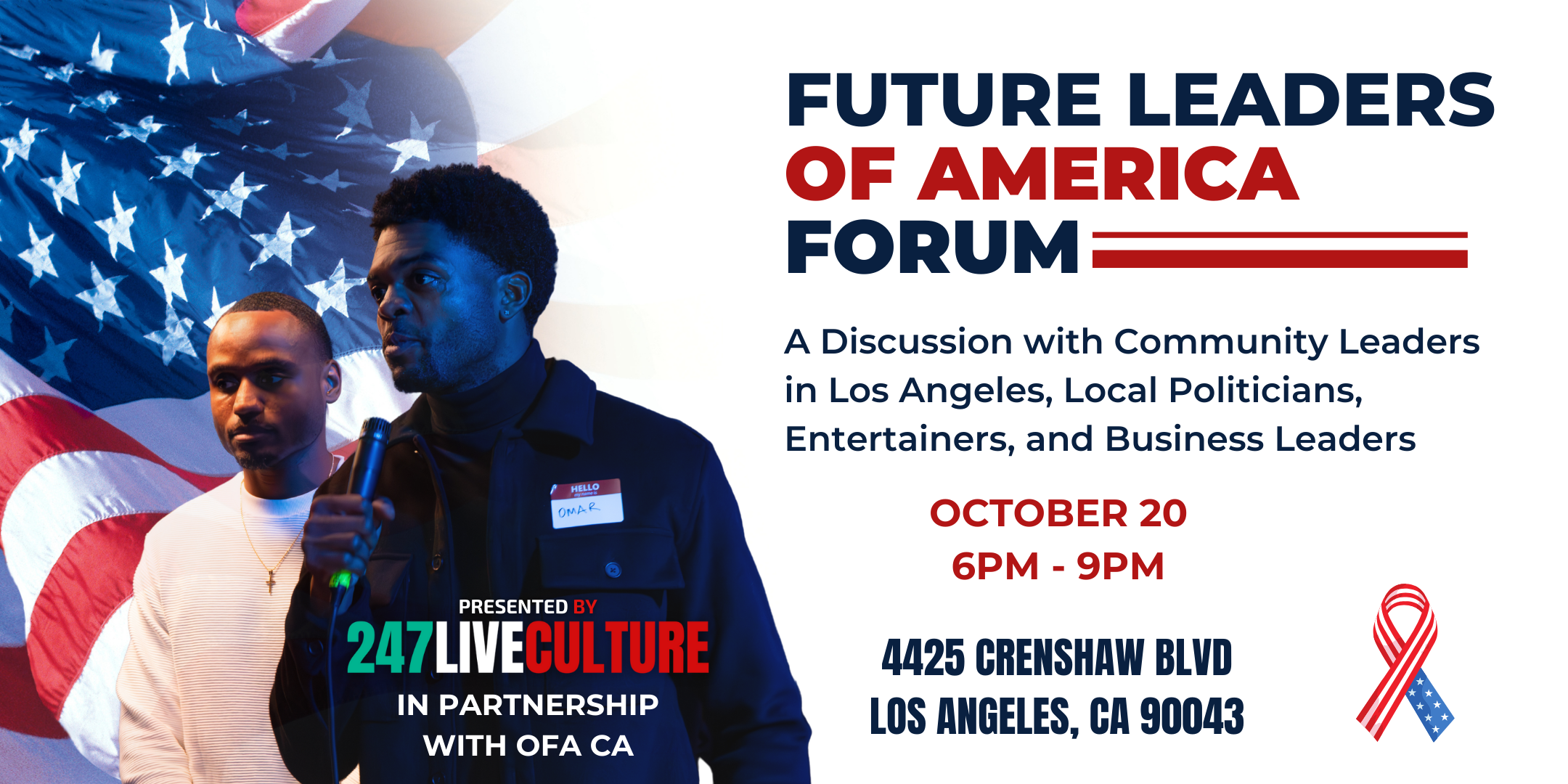Crutches & Spice: How Activist Imani Barbarin is Changing Narratives Through TikTok
Imani Barbarin / Credit: Hannah Price
By: Alexis Oatman
Funny. Charismatic. Outspoken. That’s how some people may describe Imani Barbarin, one of disability activism’s leading voices. Barbarin, known as @crutches_and_spice on TikTok, always begins her popular videos with a single objective: having uncomfortable but productive conversations about the lack of intersectionality within social justice movements, and more particularly, the disability sphere. For instance, in one of her most recent videos, Barbarin explains how white people pick and choose when to be in solidarity with BIPOC, treating allyship as an option that can be revoked anytime. “If you’re not nice while asking for it, they have the option to tap out,” she says in the video. “Racism for them is a special interest; racism for you is your life.”
Barbarian has a keen knack for making challenging conversations digestible and accessible, whether she’s discussing ableism and white supremacy or pop culture. Though she may not be a formal educator, she’s still offering vital lessons. Her dry humor, which shines in every video, helps her message resonate, which is one of the reasons she’s garnered 150,000 followers and 6.4 million likes on TikTok and more than 100,000 followers on Twitter. During the past 16 months, TikTok broadened its reach through challenges and other entertaining bits, keeping more than 100 million users engaged throughout the pandemic and allowing some Black creators, including Barbarin and food influencer Tabitha Brown, to reach even new audiences.
As a fat, black, queer, disabled woman, her using her platform in this way is not only unheard of and long overdue. Barbarin has often pointed out how Black voices are silenced in this realm. However, this is nothing new for Black people: While we’re often the first people on the frontline to fight against inequality, our voices are often washed out by our white counterparts in what are supposedly “safe spaces.”
Navigating through multiple identities at once allows her authenticity to shine through and is why I think she connects so well with her fans.
Though Barbarin, who works as a communications manager, has been working within the disability movement for quite a long time, she knows all too well how Black people are intentionally silenced when they call out racism, homophobia, and ableism within the movement—and she now has the platform to push back.
Presently, the internet and social media have become an integral part of shifting cultural lexicons. Social media stars have been able to capitalize off their platforms and build an audience representative of whatever they choose. However, when we think of the phrase “influencer,” we need to think more profoundly about what these people are influencing the public to do. The content Barbarin is making opens up the space allowing allies and BIPOC to have those open and honest dialogues, but she does in as little as 15 seconds with her videos that are available for millions to share (and they do) with the touch of a finger.
Barbarin recently spoke out against Britney Spears and the controversy around her 13-year-long conservatorship in another TikTok video, noting the gaslighting that members from the disabled can feel from the non-disabled community. Spears conservatorship has opened up the gateway to conversations about how disabled people are treated and perceived in society.
“Nobody’s saying her situation is not horrific, but it’s not unique,” she says in the video. “This is something disabled people are scared of all the time.” she says in the video. Barbarin went on to explain how there can be many occurrences in which disabled people end up asking the wrong question "to the wrong person and wind up in a conservatorship or guardianship."
She made it clear that while the critics are dissecting the Spears situation and holding it up as some shocking example of celebrity injustice, "this could literally happen to anybody with a mental health diagnosis or not."
Barbarin’s now facing immense harassment, including being called racial slurs and being doxxed by trolls. Being a Black woman on the internet in the current social climate can be terrifying, especially if you’re strong-willed and have something to say. While Barbarin’s conversations prove necessary, it's not only sickening to the amount of abuse this opens her up to. These social media platforms often work as a breeding ground for racism, misogyny, and homophobia, allowing many of these troll accounts to go unchecked.
This shouldn't be surprising, though, unfortunately, Black women are among the most abused group on Twitter, according to data from Amnesty International, a global human rights organization based in the UK. Their data found that nearly 84 percent of Black women were more likely to be disproportionately targeted than their white counterparts. At least one in every ten tweets mentioning Black women was found to be abusive or problematic, compared to one in 15 for white women.
With her sheer will allowing her to push forward and continue making content despite harassment, Barbarin has made it abundantly clear that her identities are not optional and that the world needs to see and recognize her as a Black disabled woman.
By not identifying those things, people are not only marginalizing her experience but also putting her in harm’s way. “It’s important that people see and affirm me as a Black disabled woman because I have to move about in the world as such. By not recognizing those things, people are either isolating me or putting me in danger,” she said in a recent statement with VICE. “People who have never had to place qualifiers in their identity have never had to form a community to survive. People love to believe they aren’t defined by our identities or what we present to the world, but by the same breath with which they decry labels, we are able to find people who share ours.”
While many women on social media simply ignore trolls, this harassment can lead some to silence themselves or quit the platform altogether. A joint statement by the United Nations Special Rapporteurs on Violence against Women and Freedom of Expression revealed that the abuse women receive online can "chill and disrupt the online participation of women journalists, activists, human rights defenders, artists and other public figures and private persons."
Poet and author Maya Angelou describes courage as one of the most important of all virtues. Why? "Because without courage, you cannot practice any other virtue consistently," Angelou said. "You can practice any virtue erratically, but nothing consistently without courage." Barbarin has demonstrated courage not only in her existence but in her work. To grow as a society and get to the point of being post-racism, post-homophobia, and so on, we need to have those tough conversations. These types of discussions open minds and allow a realistic chance for growth. The best way to do this is by meeting people where they are.
Barbarin not only builds off her experience and expertise in communications to appeal to a broader audience, but she’s changing the narrative of how we view disability and open people’s eyes to the prevalent casual ableism in society today.
Barbarin’s capacity to stand so firmly in who she is, without fear or shame, is inspiring millions, and for a good reason. The social media star recently signed with a talent agency, so she’ll continue influencing people to think differently about how disabled people of color are excluded from the very movements intended to improve their lives. Barbarin is one of the most critical voices in the modern fight against injustice, and her millions of followers, myself included, we’ll be tuning in every step of the way.







